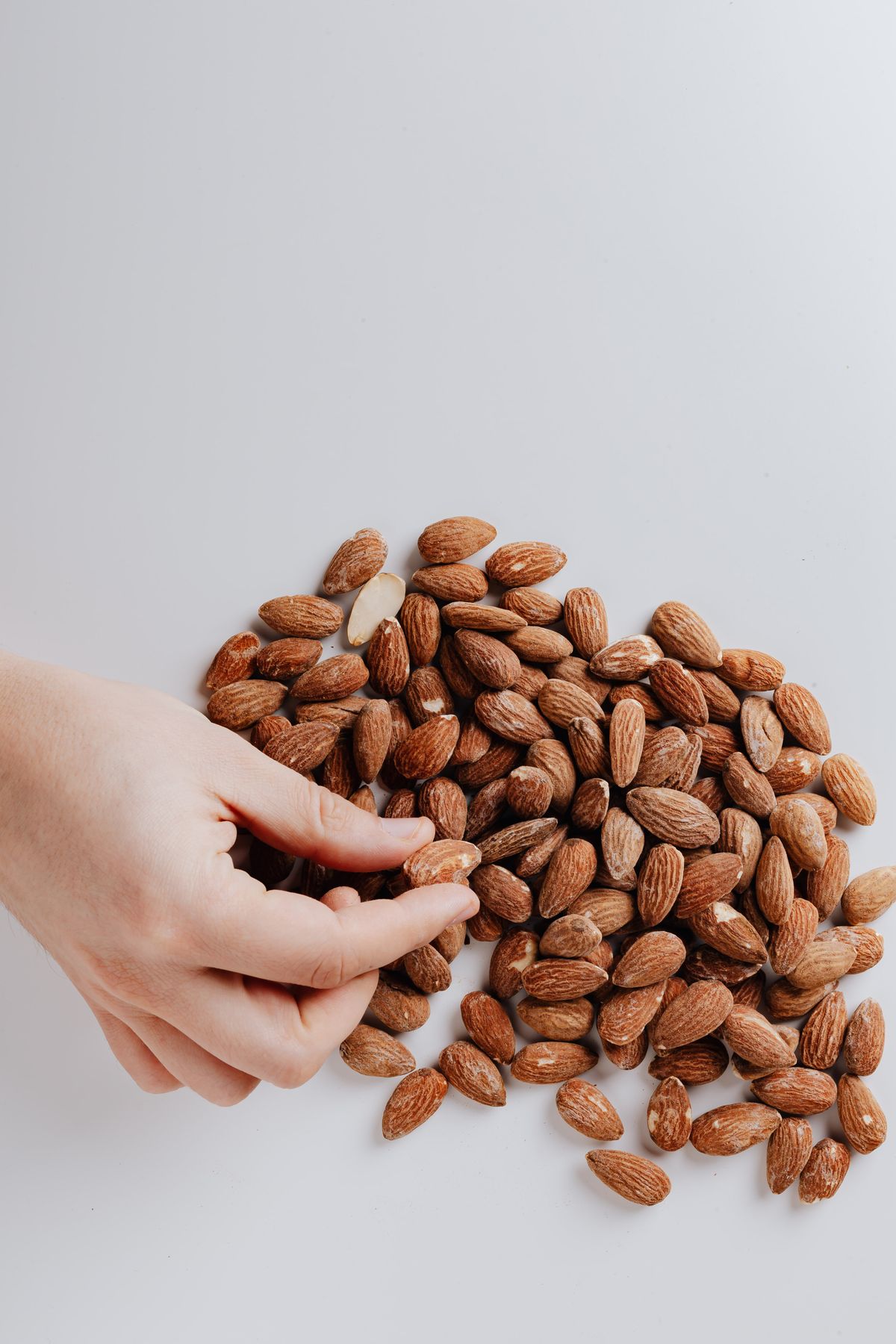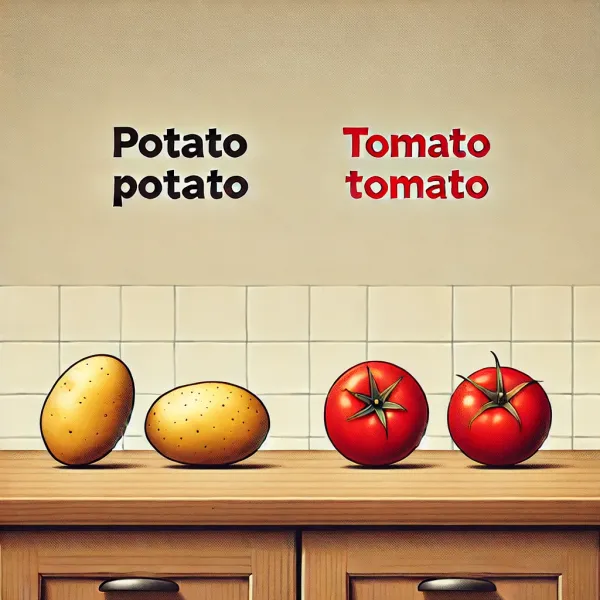Leucine - why I consume it everyday

Leucine is one of the twenty amino acids we consume through our food. It is labelled essential, which means your body cannot make it; you need to eat it. It is vital because it plays a role in physiological processes. From muscle protein synthesis to energy metabolism, leucine is a key player in cellular functions. So if you have never heard of it, let's find out what it is and what it does.
The Multitude of Benefits
Leucine supplementation has been found to significantly improve muscle strength and volume. It not only enhances their physical capabilities but also reduces inflammation, thereby improving their overall well-being. If you are over 30, you are already losing muscle and need to work to retain it.
Leucine activates a functional translational programme that includes increased protein synthesis capacity and energy metabolism. In simple English, it means it helps your body absorb protein better, which is vital for athletes and fitness enthusiasts.
In a study involving rats, low-dose leucine supplementation led to increased body fat loss. I do not necessarily agree with this direct correlation. However, consuming protein results in higher satiety, allowing you to consume fewer calories, which is one possible reason for weight loss.
Leucine has been shown to positively impact the liver and your autonomous nervous system.
So where can you find Leucine?
Leucine is commonly found in a variety of foods.
Chicken Breast: Skinless, cooked chicken breast is an excellent source of leucine.
Beef: Lean cuts of beef like sirloin are rich in leucine.
Fish: Tuna, salmon, and mackerel are good options for obtaining leucine.
Eggs: Whole eggs and egg whites are both high in leucine.
Dairy Products: Greek yoghurt, cottage cheese, and unprocessed cheese
Pork: Lean pork cuts like loin are also rich in leucine.
Turkey: Turkey breast is another poultry option that is high in leucine.
Plant-Based Sources
Soy Products: Tofu, tempeh, and soy protein isolate are rich in leucine.
Legumes: Lentils and chickpeas are good plant-based sources.
Nuts and Seeds: Almonds, peanuts, and pumpkin seeds contain moderate amounts of leucine.
Whole Grains: Brown rice, whole wheat bread, and quinoa also provide some leucine.
Vegetables: Though not as high in leucine as other sources, vegetables like spinach and mushrooms
Whey Protein: This is one of the richest sources of leucine and is commonly used in supplement form.
So if you want to understand how I consume leucine, I have yoghurt, cheese, whey, legumes, soy, whole grains, nuts, and seeds. As you can tell, I am spoiled for choice.





